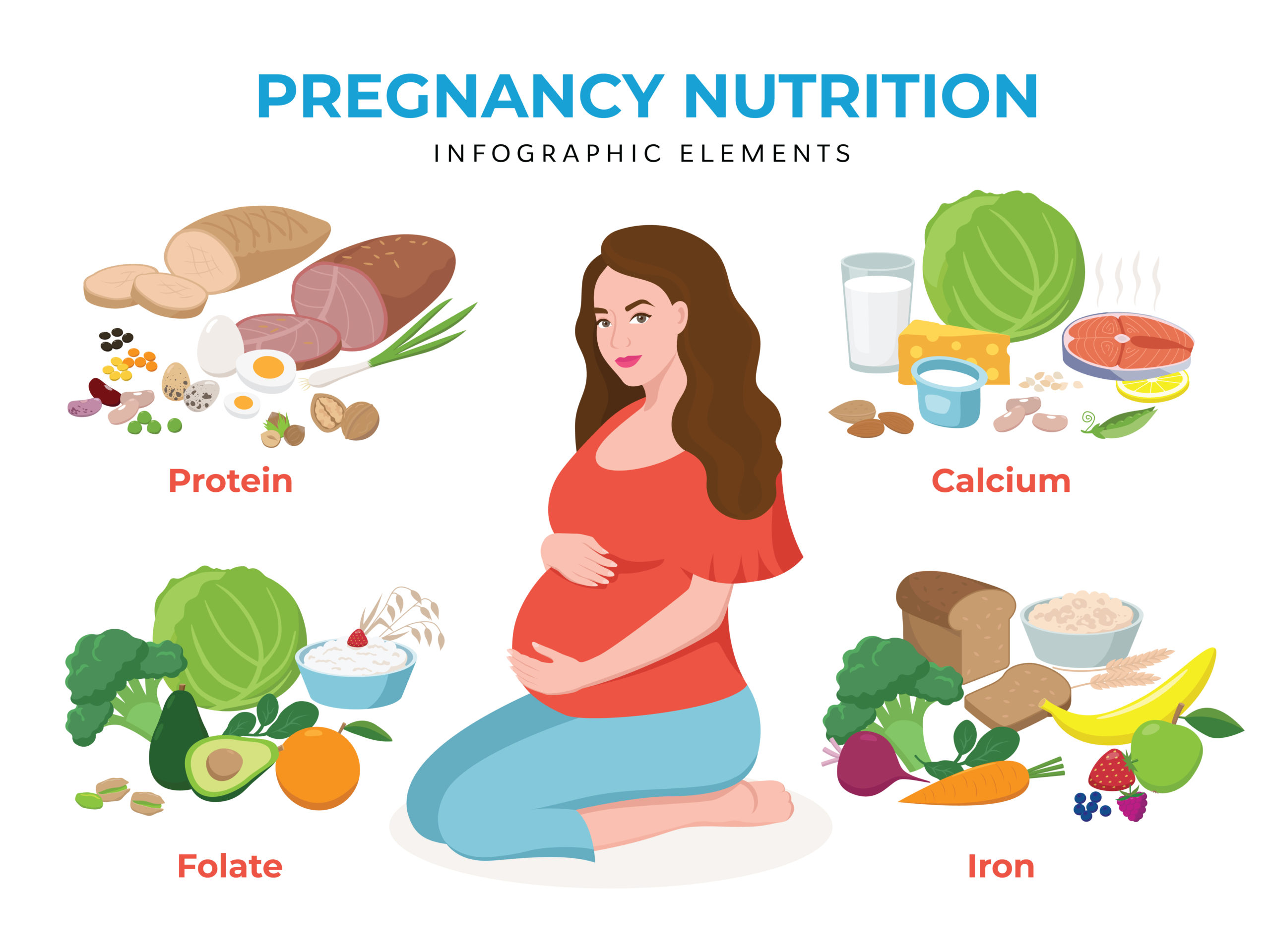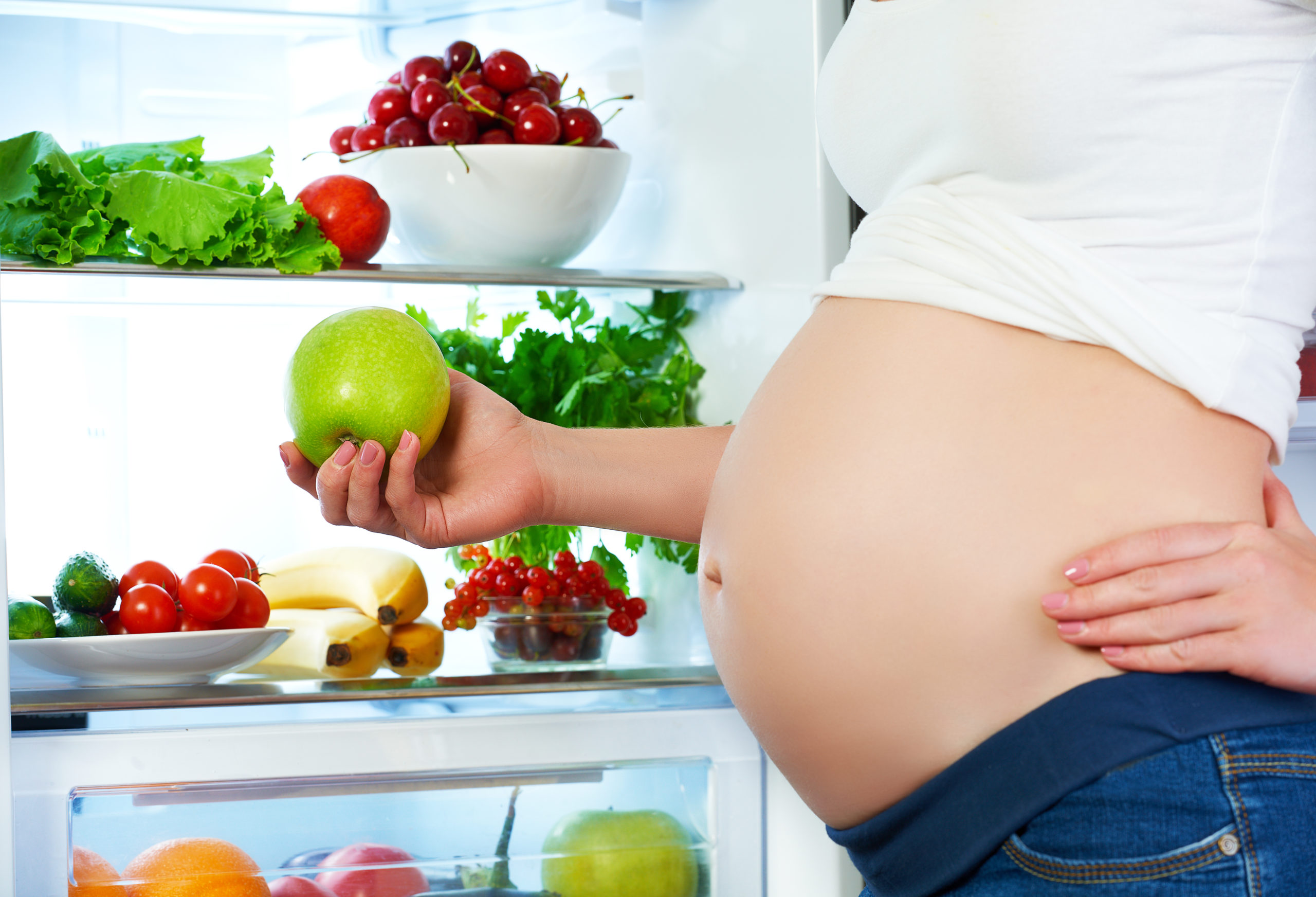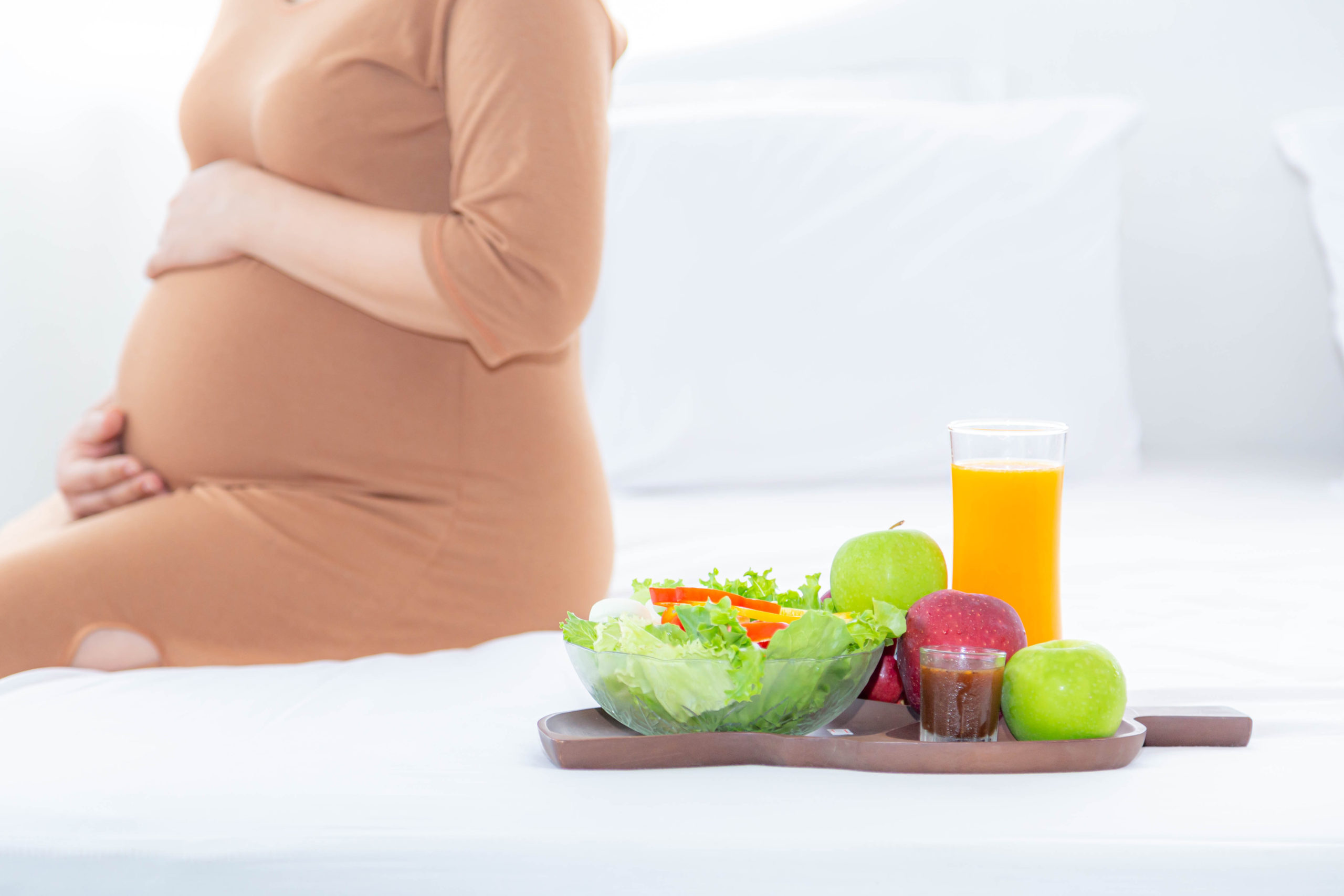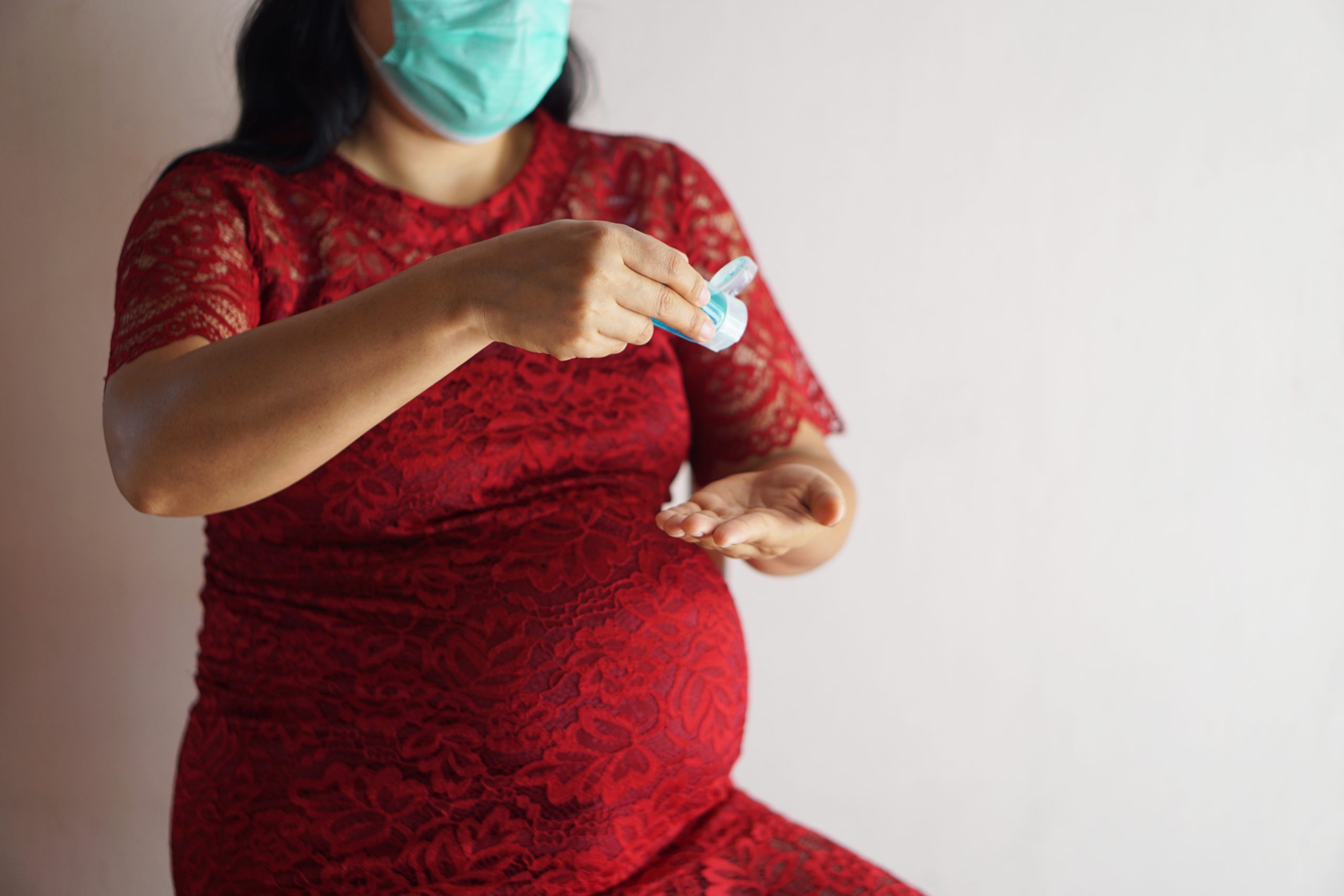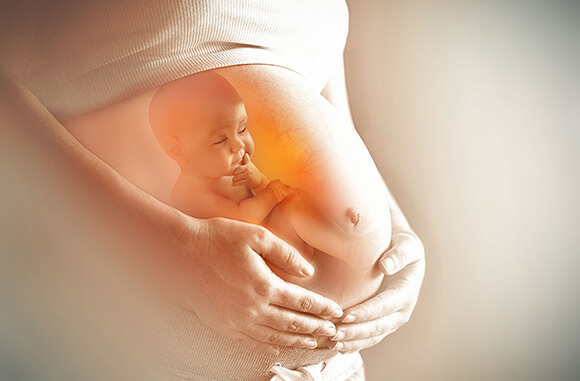COVID-19 in pregnancy: An overview
The government ruled that the third phase of vaccination for adults between 18 and 44 years would start soon. May 1, 2021, saw its effective outset. One of the most crucial questions at this juncture is, whether pregnant women can take it or not. Initial studies were unclear about the risk of COVID-19 in pregnancy. The studies went ahead to establish, however, that pregnant women may be at a more raised risk of severe COVID-19 than non-pregnant ones. Pregnant women may develop severe symptoms including COVID-19-specific illness warranting immediate hospitalization and ICU transfer. Details about COVID-19, the effect of the disease on pregnancy and details about COVID-19 vaccines under progress are evolving in swift phases.
COVID-19 vaccination, pregnancy and lactation:
Pregnant and lactating women heaved a sigh of relief after the Federation of Obstetrics and
Gynaecology Societies in India (FOGSCI) unveiled their stance on how pregnant and lactating women
should plan for COVID-19 vaccination. The details by FOGSCI shed light on COVID-19 development
and vaccine safety in maternity health. The guidelines suggest that every pregnant and lactating
woman has the right to vaccinate herself. Nonetheless, it should be her wish and not something out
of subtle psychological pressure. The robust clinical benefits of vaccination for pregnant and
lactating women outweigh the presupposed risks of vaccination.
Women who are lactating also present themselves as suitable candidates since the vaccine doesn’t seem to endanger the neonate who is breastfeeding. Women should receive proper consultation and counselling. They should receive optimal emotional support from their caregivers and next of kin. Both acceptors and exempts should receive equal and fair treatment. The guidelines recommend that obstetricians and gynaecologists should promote vaccination drive in pregnant and lactating women with clinical preparations to tackle any adverse or contraindicative responses (if any).
For women who are planning to get pregnant:
Guidelines rule that women planning for pregnancy may consider administering the vaccine at any
time before confirming the pregnancy as per their convenience. No scientific literature lays any
foundations to postpone the pregnancy or treatment for taking the vaccine. The scientific literature
hasn’t yet found concrete evidence demonstrating the possibility of infertility or miscarriage due to
vaccine administration.
Menstruation:
May 1, 2021, saw the centre ruling that everyone above 18 years of age can take the vaccination.
Soon after the judgement of the centre, several women asked whether it was suitable to take
COVID-19 vaccination in pregnancy or not. Various social media platforms were thronged with
questions and comments on the subject. Women should avoid taking COVID-19 vaccines 5 days
before and after their period. The reason behind the guideline is the immune system’s futility. The
immunity in women tends to be less in periods. Their periods last for 5 days. The same 5 days
witness the endometrium shedding. The menstrual cycle is the period which witnesses the
endometrial growth to a bulky and glandular tissue layer full of blood vessels. The immunity and
everything sensitive in the female body remains healthy afterwards. And the period except 5 days
before and after periods may be safe for women to inoculate themselves.
How would the healthcare facilities address COVID-19 and its possible effects on pregnancy?
Healthcare setups should assess the contraindications of the COVID-19 vaccine in pregnancy or breastfeeding. Pregnant women may be offered vaccinationat any point in pregnancy if there are no contraindications. Individual woman’s consent and the overall knowledge that the hazards of COVID-19 infection and morbidities from COVID-19 exceed the hypotheses and presupposed risks of vaccination in pregnancy and while breastfeeding. Therefore, pregnant women shouldn’t be dissuaded from vaccination under the pretext of pregnancy or breastfeeding
COVID-19 and its effects on pregnancy:
The majority of pregnant women infected with COVID-19 may develop mild-to-moderate symptoms
with many remaining asymptomatic. International data, however, suggests that approximately 7-
11% of pregnant women need hospitalization for COVID-19-specific morbidities with about 1-4% of
them needing ICU. In comparison with non-pregnant counterparts, pregnant women with COVID-19
may be in increased need of hospitalization, intensive care and invasive ventilation.
The perils of COVID-19 in pregnant women associate itself with various risk factors. They may
include Asthma, Obesity, Existent Hypertension, Existent Diabetes and Heart Diseases. Studies even
denote that in the event of an increase in the risk of preterm birth associated with COVID-19
infection in pregnancy, it may cause increased morbidities in the premature infant.
COVID-19 vaccination in pregnancy and while breastfeeding:
Various vaccines obstetric experts administer during pregnancy suggest that we may witness an
identical efficacy for the COVID-19 vaccines in pregnant women in comparison with non-pregnant counterparts. Vaccines may generate a good immunogenic response with a good degree of efficacy
in pregnant women. While primordial clinical details on the safety and efficacy of COVID-19 vaccines
in pregnant populations are still under scrutiny, resolute surveillance finds no signs of unfavourable
prenatal or neonatal outcomes related to the administration of COVID-19 vaccines. Nonvaccinated
pregnant women may be at raised risk of COVID-19 infection and a higher risk of morbidities in the
event of infection in comparison with non-pregnant women.
Infection of COVID-19 may complicate maternal, foetal and neonatal health. Pregnancy doesn’t raise the risk of COVID-19 infection. But pregnant women who are active in sensitive areas like healthcare or social care during pandemics may be vulnerable to COVID-19 infection. Advanced maternal age, conditions that underlie and pregnant women below the poverty line may face severe COVID-19 risk. Studies denote that the COVID-19 vaccine may be the right choice provided that a proper risk assessment is done. If analysis confirms that the benefits outweigh the risks for pregnant women and foetal health, it may be recommended.
Healthcare experts and women should consider the factors below as they set out to vaccinate themselves:
- Time of vaccination in pregnancy
- Perils and potential risk of any existent maternal condition (if any) which may include the possible effects of the disease on the foetal health and new-born
- Availability of data about the administration of a vaccine in pregnancy
- level of infectivity of the virus in the vicinity/local community.


 Toll Free Number
Toll Free Number








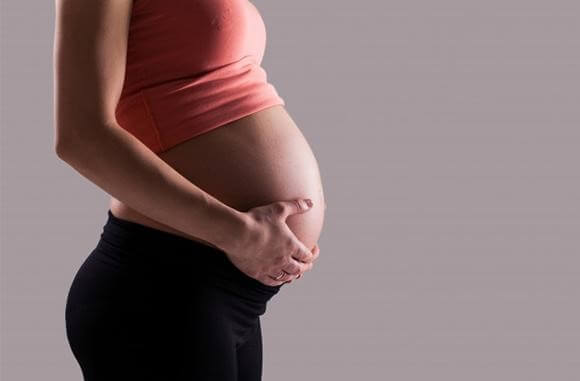


 Consultant – Obstetrician & Gynaecologist at
Consultant – Obstetrician & Gynaecologist at 
